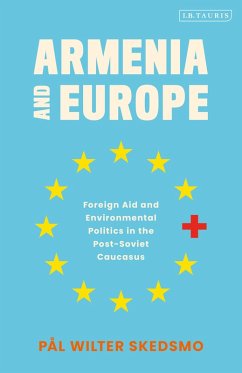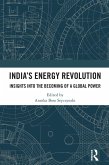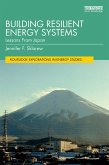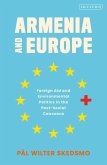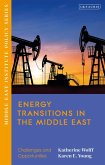Armenia receives one of the highest levels of international aid per capita in the Western world, and among the highest of the post-Soviet states. This ethnographic study, based on new primary research, looks at aid in the South Caucasus, and its role in Armenia's relationship with Europe. In particular, Skedsmo argues that the Aarhus Convention, which entitles citizens of Europe to access information and participation in decision-making in environmental matters has allowed Armenian citizens to adapt and control the direction of their country's political future in various ways - whether through protest activism or legal challenges. A new examination of aid and development, and the structures these create, Europe and Armenia will be an essential case study for scholars of development, for regional specialists in the post-soviet area (especially South Caucasus), social anthropologists, students of post socialism and development (postcolonialism). In addition, the book will be of interest for practitioners and European policy-makers, transnational organizations and others involved in development policies and projects in the region.

